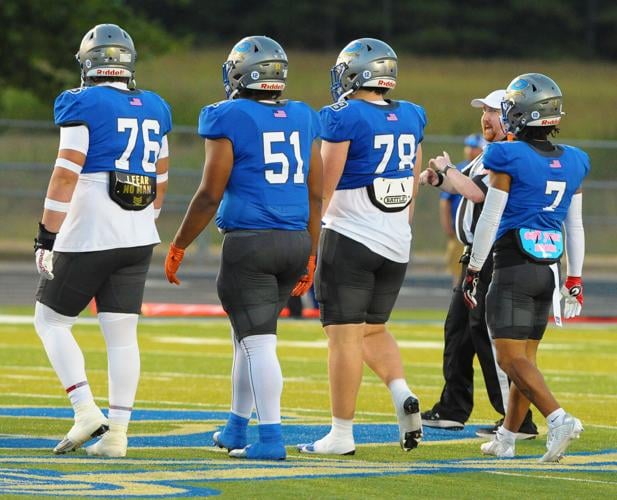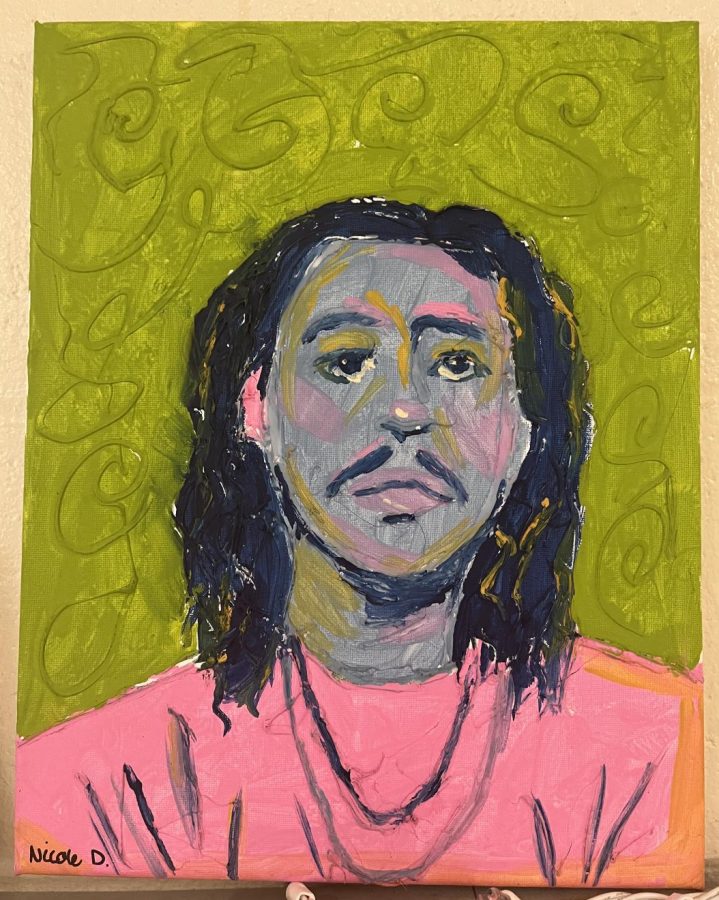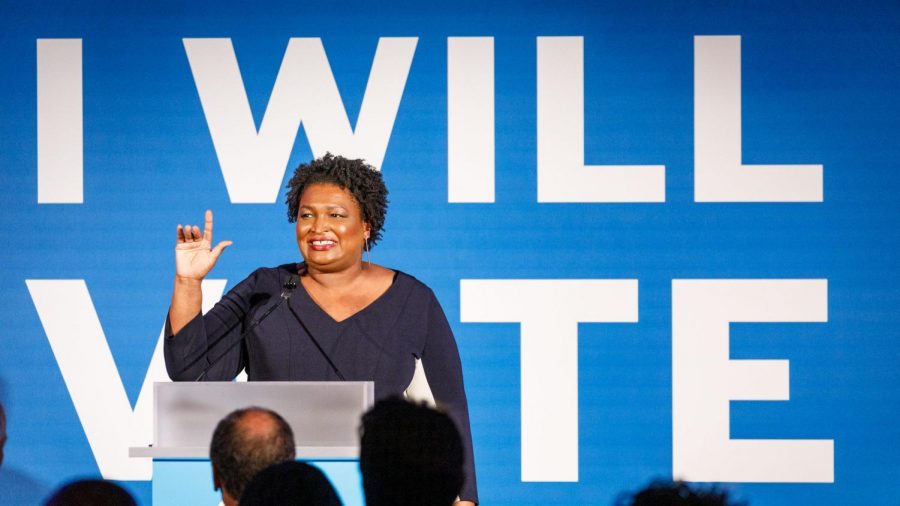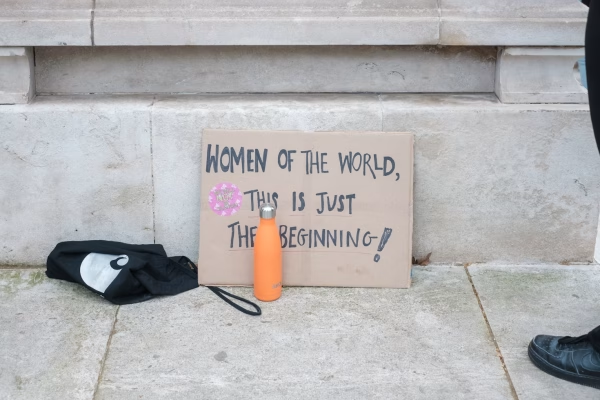The Return of Stacey Abrams
Stacey Abrams, most well known for the highly contested and publicized 2018 Georgia gubernatorial race against Brian Kemp, has made her name known once again in the 2020 presidential and congressional election cycle. During the 2018 race for governor, Stacey Abrams fell about 54,000 votes shy of Brian Kemp, losing the race, but it put her name on a national scale and drew attention to her grassroots efforts.
Abrams was able to hold a closely contested race as a democratic, African-American woman, in a state that has had a Republican governor since 2003. Her ability to create massive grassroots movements through metro-Atlanta and mobilize young voters caused her campaign to gain traction, as her voting bloc consisted mainly of young voters and urban dwellers (Athens, Atlanta, Augusta, Columbus, Macon, Savannah). Her race provided the Democratic party with evidence on how Georgia was evolving into a purple state from the solid red that has been expected of the state in the past years. As the election results came in, Abrams did not concede stating, “Let’s be clear: this is not a speech of concession because concession means to acknowledge an action is right, true or proper.” Many in Abrams’ staff believe that her loss was not due to a lack of voters, but a lack of voters allowed to cast ballots on election day.
Abrams faded out of national media circuits after the election concluded, and the people made their peace with the results. That is, until 2020, where her grassroots organizations: Fair Fight and New Georgia Project registered 800,000 voters in metro-Atlanta. These groups mainly worked to register new voters, mobilize minority groups, and protect voting access on election day. Leo Smith, the former leader of the Georgia Republican Party’s minority outreach commented that her approach to the election cycle allowed her to “look at demographics as an opportunity.” On election day(s), the voting counts indicated Joe Biden’s victory in the state, by only a 14,000 vote margin.
When Georgian citizens realized their state had flipped, not everyone was sold on the idea that Abrams and others that worked were the cause of the “blue wave” shaking Georgia. Some posit the change in voter turnout to voter fraud after vote counts in Fulton County were counted after their reported shutdown for the night, with Representative Collins telling FOX News, “he is confident of improperly harvested ballots and other irregularities that will prove Trump won the state.” These rumors have been shut down by the Secretary of State, Brad Raffensperger, who affirms the integrity of the election and vote counting. As other explanations for the turn of the state have proved unsubstantiated as of yet, Abram’s supporters have claimed this victory for her.
Abrams and her Fair Fight Organization have placed themselves on a national scale through their work to register voters and protect voting rights of groups typically relied on by the Democratic party, and through their work one victory for the party was won, but as another test arises in the runoff election, will they be able to do the same?
























